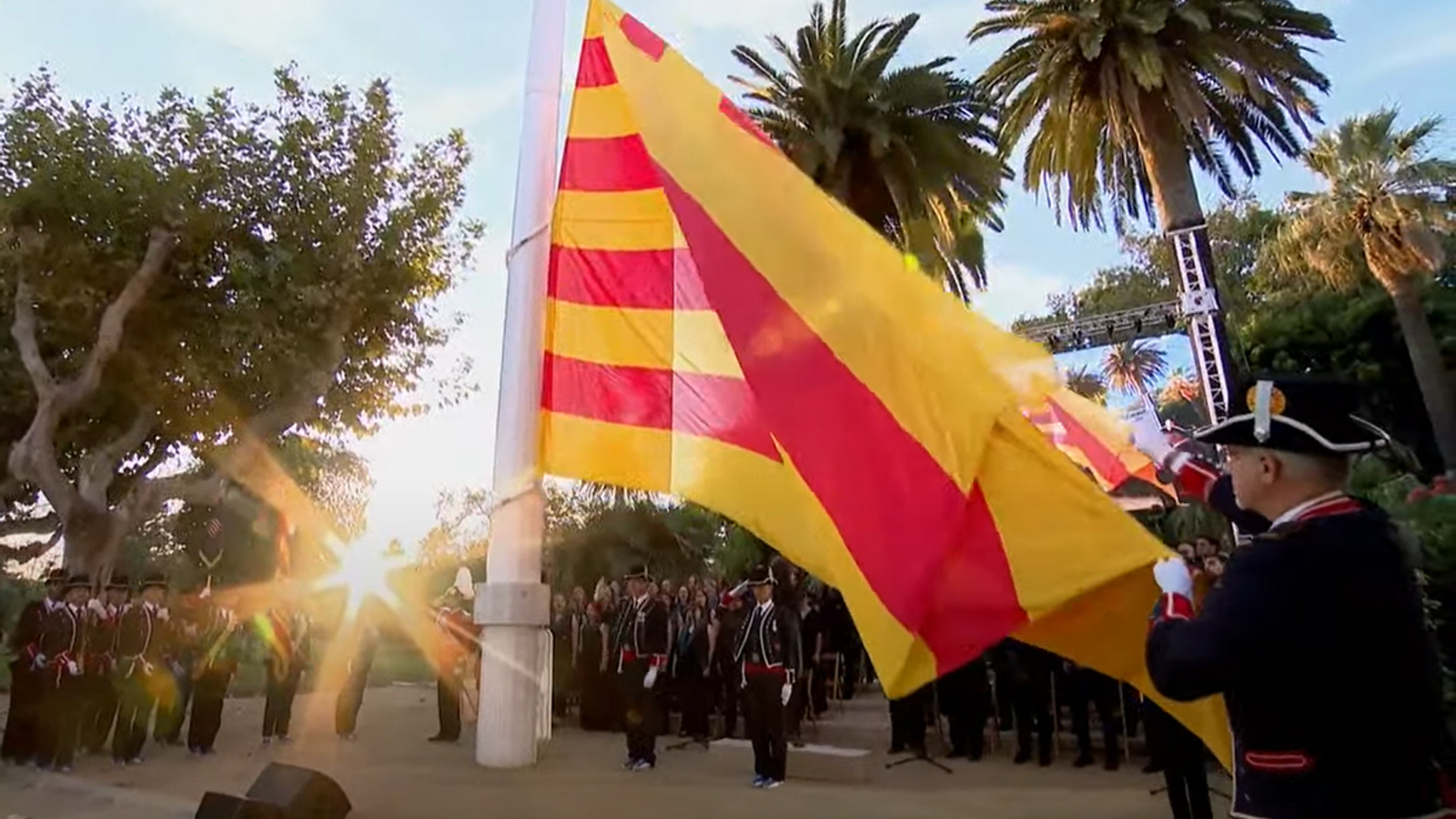

This year's National Day arrives in a context of great uncertainty for Catalonia, Spain, Europe, and the world. The world has become more unpredictable and insecure. Western democracies are faltering, especially, and very worryingly, that of the United States. Much closer to home, one need only look at the disarray—not to say misgovernance—of neighboring France, which also faces increasingly severe debt. Or the economic difficulties of Germany, where the new chancellor has yet to demonstrate his political leadership, both domestically and at the European level.
Contemporary Catalonia, which aspires to greater self-government and sovereignty to satisfy the progress of its citizens, has for more than a century made a banner of Europeanism to overcome its dislocation within Spain. But a united Europe today appears very weak and indecisive. Stressed by the rise of the nationalist far right, with governance that citizens don't understand, without a single voice or genuine unity of action in foreign and defense policy, and without a common tax system, Europe is failing. Disdained by Donald Trump's United States, attacked in Ukraine by an increasingly bellicose Putin—as recently seen in the Polish skies—and with dictatorial China establishing itself as an economic alternative for the entire Global South, the EU is struggling to find its place. The genocide in Gaza is also shaking the Old Continent, whose democracies, traditionally on the side of Israel, are seeing how Netanyahu is crossing all the red lines of human rights. If Europe can't stand up for itself, what credibility does it have left?
This is the confusing world in which Catalonia's future is at stake today. In the midst of this turmoil, in order to maintain its bearings and regain its hopes, it is necessary to carefully refine its priorities. To ensure collective progress, to maintain the democratic course currently threatened from all sides, it is essential to choose alliances wisely. Within this Europe in crisis, Catalonia must stand together to strengthen coexistence and renew institutions, to safeguard the welfare state, and to advance toward a true European confederation that transcends state nationalisms, with respect for cultural diversity, which in the Catalan case means especially supporting its own language. And if we look toward Spain, the danger of regression that the PP and Vox represent cannot be underestimated, both for Catalonia's national aspirations and for democratic survival itself.
Internally, the challenges are also enormous and urgent. And they can only be achieved through acts of shared responsibility, both from the political world and civil society. A responsibility that must involve basic consensus in sensitive areas such as education—it is urgent to reverse the pessimism of the school and university community—the urgent advancement of green energy, a commitment to the social use of language, the promotion of research and new technologies linked to economic development and wealth creation, and the resizing of immigration.
